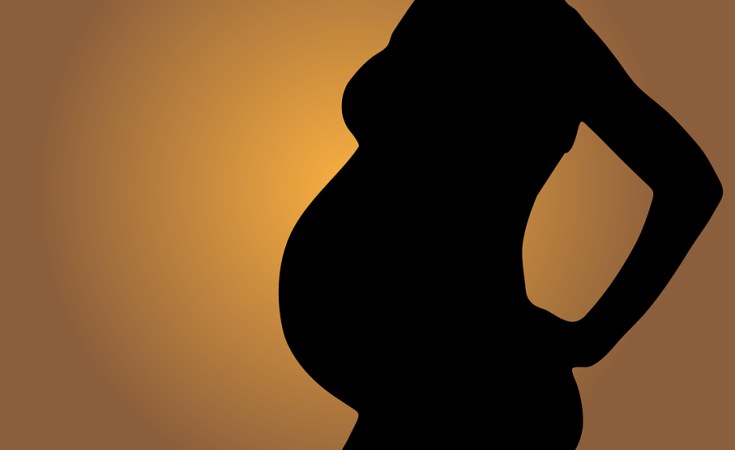THE Independent Midwives' Association of Lesotho (IMAL) has appealed to the government to come up with a policy that allows them help expectant mothers to deliver at home.
This would significantly cut costs, especially for expecting women who live far from health centres.
IMAL president, Keneuoe Fobo, said that expectant mothers should be allowed to choose where they want to deliver, provided they are assisted by qualified and licensed midwives.
The government encourages pregnant women to deliver at health facilities where they are attended to by medical experts. This reduces the risk of complications and infections during labour and delivery.
However, due to lack of money to register for pre-natal and post-natal services, some women resort to seeking the services of traditional village midwives.
Unfortunately, some women have lost their lives during such deliveries due to lack of proper training, facilities, and hygienic environments.
Ms Fobo said that midwives could play a crucial role in home deliveries if they are guided by proper policies, fully trained, qualified and equipped.
She said this as IMAL marked the International Day of the Midwife 2022 on 5 May.
This year's theme is, 'Investing in midwives key to achieving universal health coverage'.
The day seeks to honour the work of midwives and promote awareness of the vital care that they provide to mothers and their newborns. According to the United Nations, midwives have been an integral part of African medicine for centuries.
They are the front-line caregivers and backbone of maternal and child health care on the continent, where they support women through pregnancy and childbirth, providing antenatal, intrapartum and post-natal care.
Midwives also provide family planning services, as well as conduct breast and cervical cancer screenings.
In emergencies, they can also perform basic emergency obstetric care, says the UN.
Ms Fobo said it is imperative that the government comes up with policies to create an enabling environment for midwives.
"For us to be able to do our work more effectively, the Ministry of Health should facilitate a conducive environment where trained, qualified and licensed midwives can carry out their duties," she said.
She appealed to the ministry to allow expectant mothers who might wish to deliver at home to be able to do so with the assistance of qualified and licensed midwives.
This could work wonders, provided such midwives operate under clear policies.
The Covid-19 pandemic had taught many professionals to work effectively from the comfort of their homes and home delivery is no exception.
"Right now, we are living through a pandemic and it would be good if expectant mothers were allowed to choose to deliver at home," Ms Fobo said.
Ms Fobo indicated that IMAL is ready to work with doctors and health centres in helping women to deliver safely.
"We are not alone in this. Collaboratively and united, we will be able to achieve the best outcomes in maternal health," she said.
In response, the Ministry of Health sexual health and reproductive manager, Motsoanku Mefane, said the IMAL's appeal to be allowed to conduct deliveries at home was understandable and "made sense".
Ms Mefane said it was incumbent on the organisation to make a formal application to the ministry regarding this.
"At the moment government policy does not allow qualified midwives to help women deliver at home. What they need to do is approach the Ministry of Health with their request so that this can be incorporated into the national health guidelines. Only then can they be allowed to do so," she explained.
She added the government was worried about the high rate of maternal deaths recorded during home deliveries mainly at the hands of untrained traditional midwives.
"We have had some women dying during home deliveries by traditional midwives, due to lack of proper training, facilities, and good hygiene," Ms Mefane said.
The IMAL will next week embark on a field trip to Berea to find out how its members can address community challenges.


